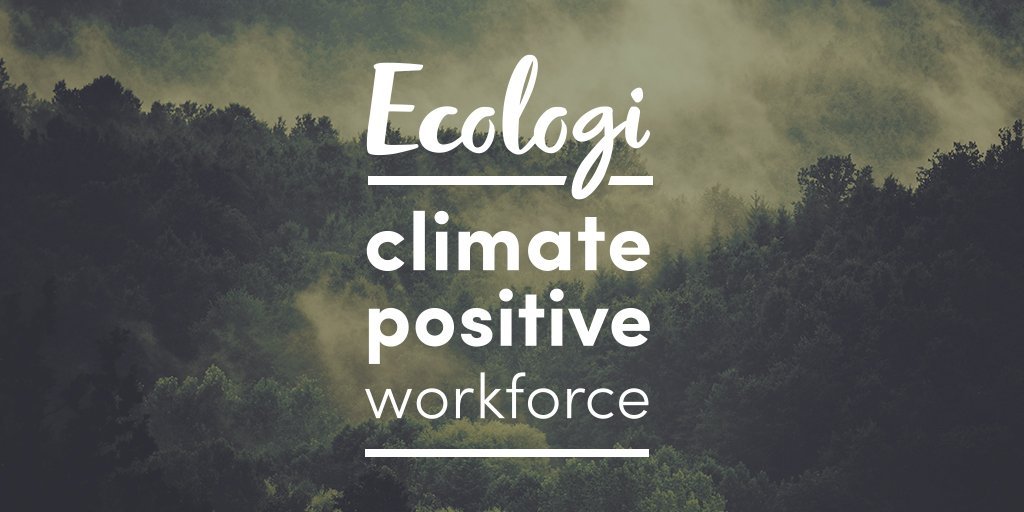
Tackling the impact of fast fashion on climate change
Share
This week, the BearMade team submitted a proposal to host an exhibition stall at the UN Climate Change Conference of the Parties (COP 26) in Glasgow this November. We thought it would be a great opportunity to demonstrate how we’re building a nature-focused textile brand from the perspective of a young company (both in existence and age of founders), address the cost-prohibitive nature of achieving carbon neutral certification and the lack of incentives for small businesses to do the right thing for the planet and finally, how we’re using nature-based solutions to tackle the impact of fast fashion on climate change. Spots will be competitive, but you never know if you don’t ask right?
COP 26 is arguably one of the most important summits of our generation, where representatives will come from all over the world to accelerate action towards the goals of the 2015 Paris Agreement (the treaty that Trump pulled the US out of and Biden rejoined in his first day of office) and the 1994 UN Framework Convention on Climate Change. The UN recently confirmed the international community and UK Government failed a decade long effort to halt environmental decline, so there is mounting pressure on leaders to implement strategies and policies to tackle global warming. The Climate Action Tracker provides a great analysis of countries' progress towards these commitments to help inform policy makers.
Do we have to wait for our leaders to make climate-friendly policies? No. We can start now.
As young scientists and creatives, the BearMade family are all too familiar with the dual biodiversity and climate crises that threaten our world. We want to challenge the norm and redefine what it means to be a responsible brand by inspiring more conscious consumers. We’ve always said making anything harms the planet.
We know the fashion industry accounts for 10% of annual global carbon emissions, 20% of water waste caused by dying and treatment, and contributes to the release of 500,000 tonnes of plastic microfibers in the ocean. The United Kingdom alone produces 206,456 tonnes of textile waste each year, of which only 9% is recycled and only 13% is reused.
It’s our job to help mitigate this harm and set the bar for climate-conscious textile brands. It’s no longer appropriate to inflate eco-credentials to win over consumers and we need more people to prioritise ethical and environmentally friendly products.
We have signed up to the Race to Zero via the SME Climate Commitment and have also made a commitment to become a carbon neutral business (in fact our carbon offsetting programmes courtesy of Ecologi, suggest we’re carbon negative) however, international certification is currently cost prohibitive. This may be a disincentive for small businesses to prioritise the planet, but here at BearMade we will continue to offset and minimise our emissions (carbon offsetting is not the only solution) by:
- refining our supply chain to minimise CO2 emissions ie. reducing air miles,
- operating a closed loop recycling system, where we buy back unwanted bags and turn them into new products,
- using natural materials as much as possible, because a recent report suggests recycled plastics do more harm than good. For example, we’ve recently replaced our polyester lining with cotton canvas in our Gouthwaite Backpacks.
It’s easy to get lost in the carbon lingo (net zero vs. carbon neutral vs. carbon negative - this is a good explanation), but essentially, we want to make sure we emit as little carbon as possible and offset more than we produce.
Our next challenge is becoming a Certified B Corporation - B Corps meet the highest standards of verified social and environmental performance, public transparency, and legal accountability to balance profit and purpose. Some of our favourite climate-conscious textile brands like Patagonia and Finisterre, are B Corps.
We’ve always valued transparency and are always looking to improve.
Watch this space.
